In New Zealand's dynamic business landscape, influencer marketing and brand partnerships are increasingly becoming pivotal strategies for local businesses aiming to enhance their market presence. But the question remains: which approach yields better results? With the country's unique economic environment, characterized by a strong focus on innovation and sustainability, understanding the nuances of these marketing strategies is crucial for Kiwi entrepreneurs.
Setting the Scene: Why This Matters in New Zealand
New Zealand's economy, as noted by Stats NZ, has shown resilience and adaptability, with a significant portion of GDP attributed to small and medium-sized enterprises (SMEs). These businesses often operate with limited marketing budgets, making it essential to choose the most effective strategy to maximize returns. Additionally, New Zealand's diverse cultural landscape and high digital penetration present unique opportunities and challenges for local businesses in leveraging influencer marketing and brand partnerships.
Influencer Marketing: An Overview
Influencer marketing involves collaborating with individuals who have a strong online presence and credibility to promote products or services. In New Zealand, this strategy has gained traction, particularly among younger demographics who are increasingly engaging with social media platforms like Instagram and TikTok. According to a 2023 report by MBIE, 65% of Kiwi consumers trust online influencers as much as traditional advertising channels.
Pros of Influencer Marketing
- Authentic Engagement: Influencers can create genuine connections with their audience, leading to higher engagement rates.
- Targeted Reach: Businesses can reach specific demographics, enhancing the effectiveness of their marketing efforts.
- Cost-Effective: For SMEs, micro-influencers offer a budget-friendly option with significant returns on investment.
Cons of Influencer Marketing
- Market Saturation: With the increasing number of influencers, standing out can be challenging.
- Authenticity Concerns: As influencer marketing becomes more prevalent, consumers may become skeptical of sponsored content.
- Measurement Difficulties: Tracking the direct impact on sales can be complex, requiring sophisticated analytics tools.
Brand Partnerships: An Examination
Brand partnerships involve collaborations between businesses to leverage each other's strengths and audiences. In New Zealand, this approach is particularly beneficial for companies looking to expand their reach without significant financial outlay. A notable example is the collaboration between Air New Zealand and local tourism businesses, which has successfully boosted tourism in regional areas.
Pros of Brand Partnerships
- Shared Resources: Companies can pool resources, reducing individual costs and risks.
- Increased Credibility: Partnering with established brands can enhance a company's reputation and trustworthiness.
- Broader Audience Reach: Partnerships allow access to new customer segments that may have been previously inaccessible.
Cons of Brand Partnerships
- Complex Coordination: Aligning goals and strategies with another brand can be time-consuming and challenging.
- Brand Misalignment Risks: A mismatch in brand values or messaging can lead to reputational damage.
- Shared Success and Failure: The outcome of the partnership affects both parties, which can be a double-edged sword.
Case Study: Local Success with Influencer Marketing
Company: XYZ Eco-Friendly Skincare
Problem: XYZ, a Wellington-based startup, struggled with low brand awareness in a competitive market.
Action: The company partnered with a popular New Zealand influencer known for advocating sustainable beauty practices. The influencer created engaging content showcasing XYZ's products, emphasizing their eco-friendly attributes.
Result: Within six months, XYZ saw a 150% increase in online sales and a 200% growth in social media followers.
Takeaway: This case highlights the power of influencer marketing in niches where authenticity and alignment with influencer values are paramount.
Case Study: Brand Partnership Success
Company: ABC Adventure Tours
Problem: ABC faced challenges in reaching international tourists post-pandemic.
Action: The company formed a partnership with Air New Zealand, offering exclusive tour packages promoted through the airline's channels.
Result: ABC experienced a 75% increase in bookings, particularly from overseas customers.
Takeaway: Strategic partnerships can significantly boost visibility and sales, especially in industries reliant on international clientele.
Debunking Common Myths
Myth: "Influencer marketing is only for big brands."
Reality: Micro-influencers are accessible to SMEs and can have a profound impact on niche markets, often with higher engagement rates than macro influencers.
Myth: "Brand partnerships dilute brand identity."
Reality: When executed with aligned values and goals, partnerships can enhance brand identity by associating with complementary brands.
Future Trends & Predictions
As New Zealand continues to embrace digital transformation, influencer marketing and brand partnerships will evolve. According to a forecast by NZTech, by 2028, 50% of marketing budgets will be allocated to digital strategies, emphasizing the importance of these approaches. Furthermore, the rise of AI and data analytics will enable more precise targeting and measurement, enhancing the effectiveness of both strategies.
Conclusion
Both influencer marketing and brand partnerships offer unique advantages and challenges. For New Zealand businesses, the choice between the two depends on specific goals, target audiences, and available resources. By understanding the local market dynamics and leveraging the right strategy, Kiwi entrepreneurs can optimize their marketing efforts for maximum impact. What's your take? Share your insights below!
People Also Ask
How does influencer marketing impact businesses in New Zealand?
NZ businesses leveraging influencer marketing report increased brand awareness and customer loyalty, with some seeing sales boosts of over 150%.
What are the biggest misconceptions about influencer marketing?
One common myth is that it's only effective for large brands. However, micro-influencers provide high engagement, making it suitable for SMEs.
Related Search Queries
- Influencer marketing strategies in New Zealand
- Brand partnerships for small businesses
- Top influencers in New Zealand 2023
- How to create successful brand partnerships
- Digital marketing trends in New Zealand







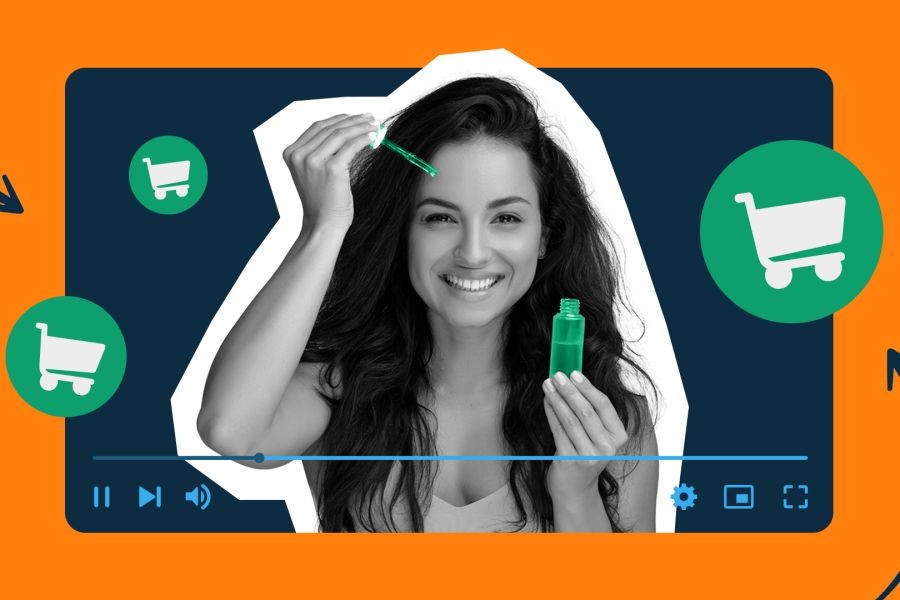




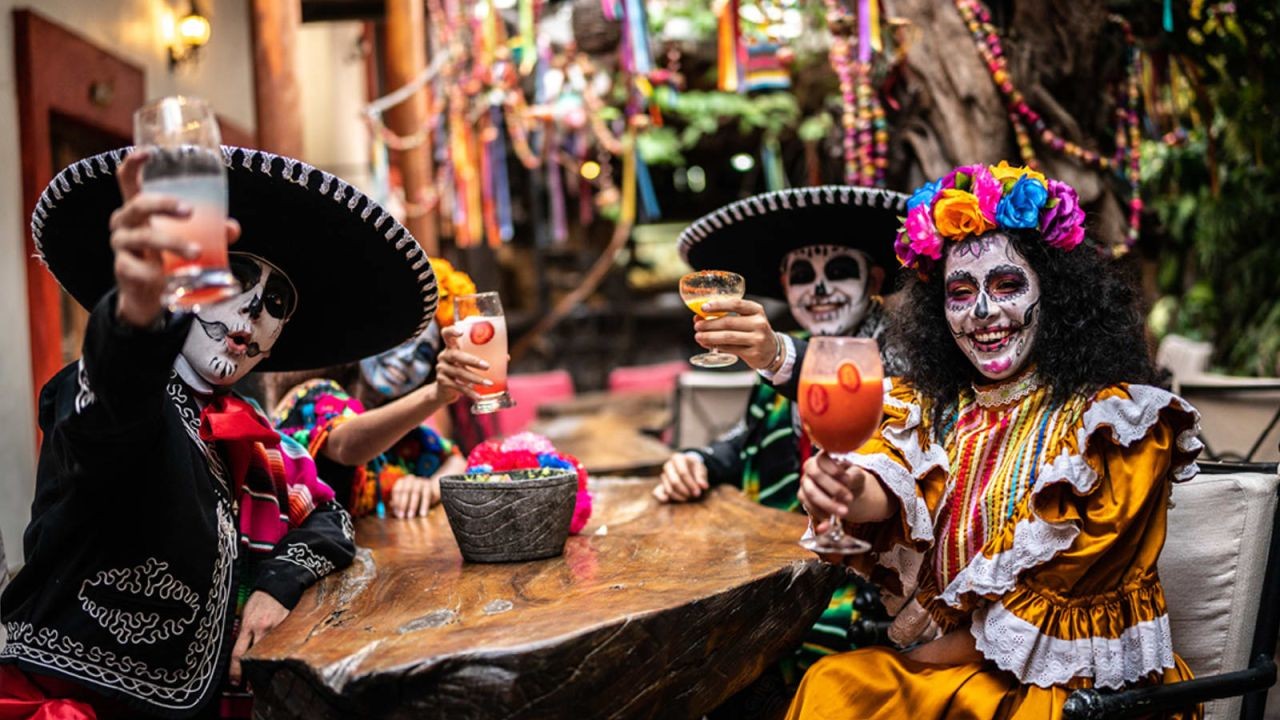
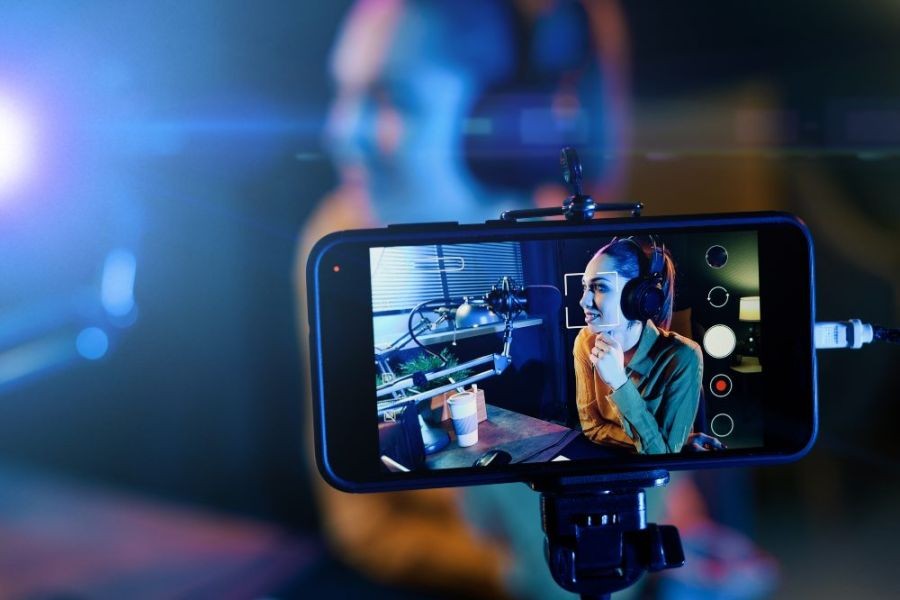


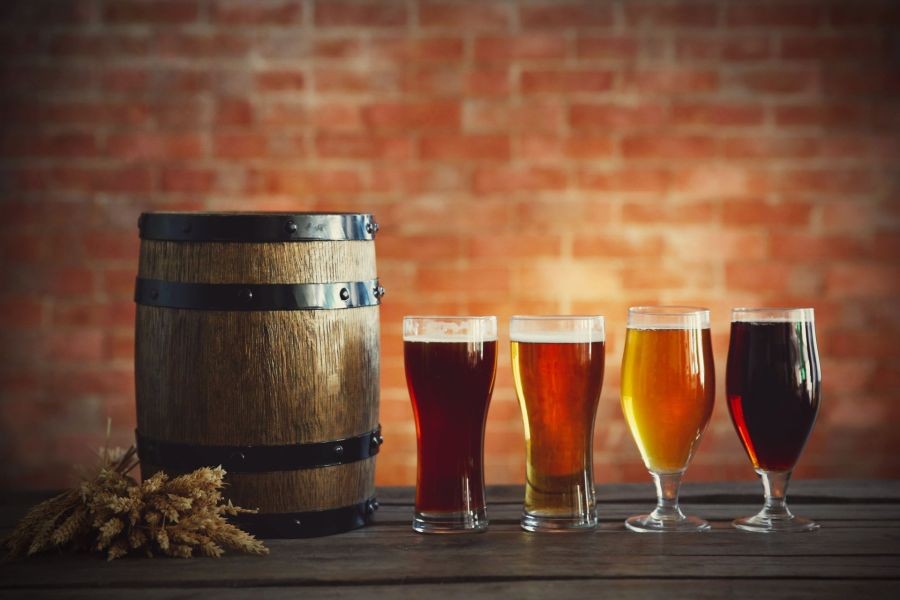







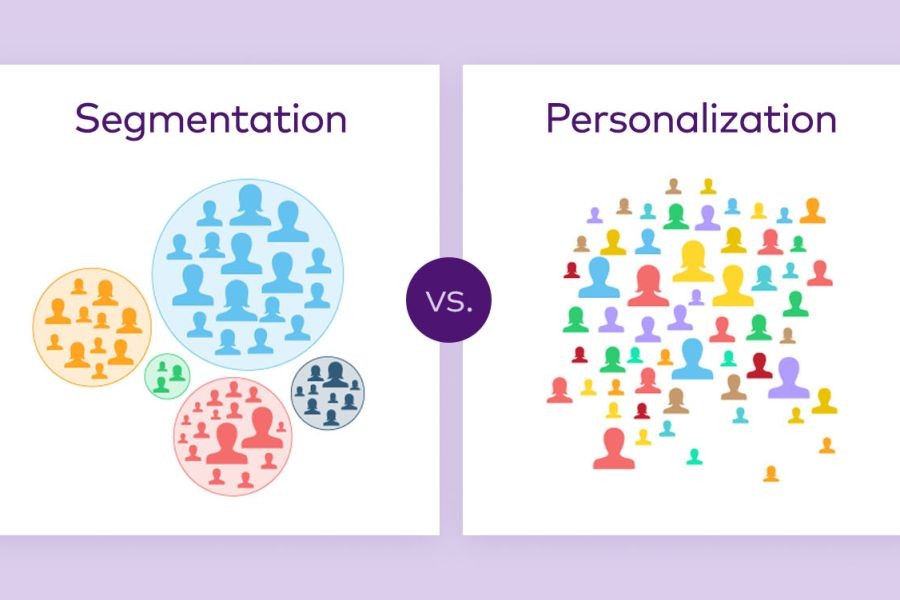
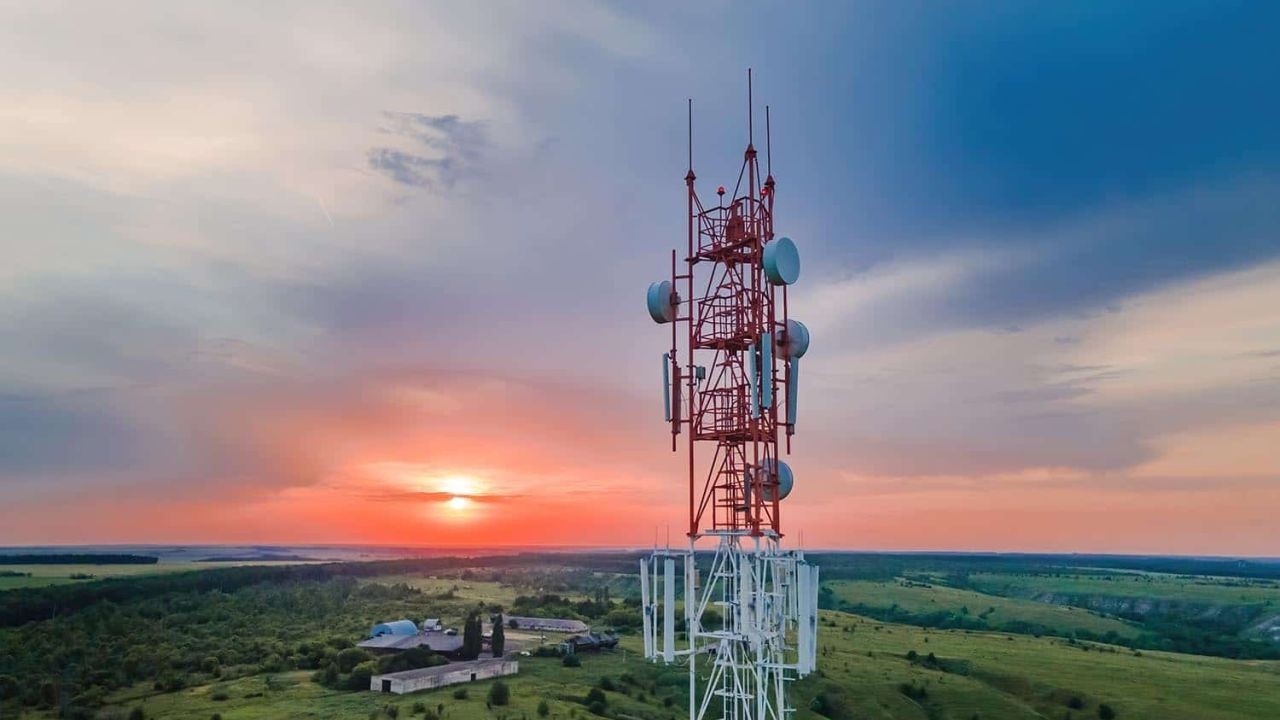

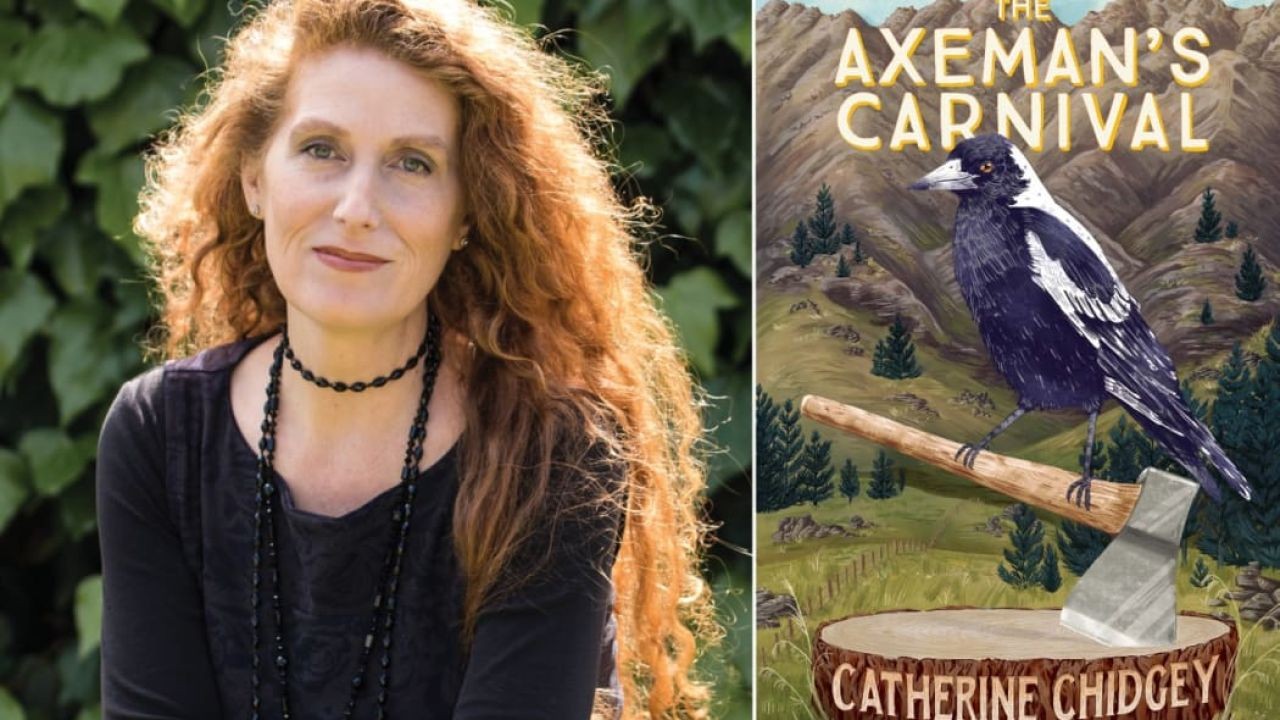





juliehynes097
6 months ago